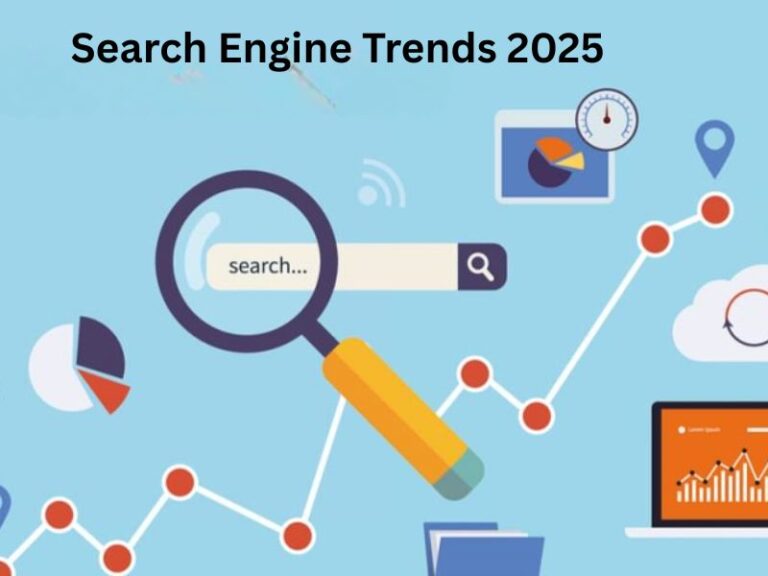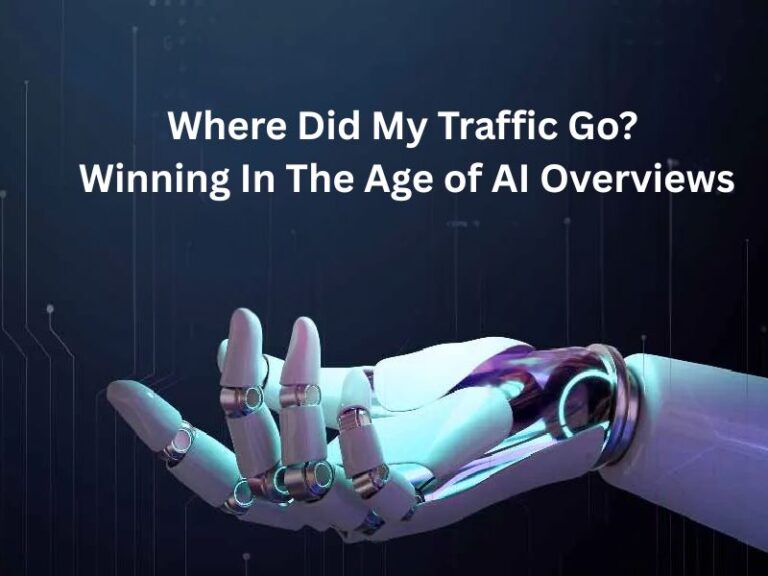Google, the world’s largest search engine, has announced a final deadline for shutting down its URL shortener service goo.gl. This tool, once widely used by millions for shortening long web addresses, will no longer be functional after August 25, 2025.
While Google had previously stepped away from supporting goo.gl, many legacy users and websites continued using it. If you still rely on goo.gl links anywhere, it’s time to act fast. In this article, we explain:
- What is goo.gl and why it was important
- What exactly is shutting down
- Why Google is making this move now
- What alternatives you can use
- What exceptions apply
Let’s dive into each section for a complete understanding.
What Is goo.gl and Why Did It Matter?
Launched in 2009, goo.gl was Google’s official URL shortening service. It allowed users to convert lengthy URLs into short, manageable links that were easier to share on platforms like Twitter, emails, and SMS—especially during the days when character limits mattered more.
Some of the key advantages of goo.gl included:
- Compact links that looked cleaner and saved space
- Click tracking to measure engagement
- Security through Google’s safe browsing filters
- QR Code generation for quick offline-to-online redirection
It wasn’t just about short links—it was a reliable utility for marketers, bloggers, app developers, and even casual users.
But over the years, the landscape changed drastically with the rise of social platforms, apps, and third-party link management tools.
Google’s Official Announcement: August 25 Is the Final Deadline
While many assumed goo.gl had already been discontinued, older links continued to work even after the initial phase-out announcement in 2019. Google stopped letting new users create short links, but did not declare an expiration date for existing URLs—until now.
In its recent communication, Google made it official:
All goo.gl links will stop working after August 25, 2025.
Here’s what that means:
- If you or your audience click a goo.gl link after this date, you’ll see a 404 Not Found error page.
- No redirection, no analytics, and no support will be provided after the shutdown.
- The service will be completely terminated from Google’s systems.
This announcement impacts anyone who has embedded goo.gl links in:
- Websites or blogs
- Email marketing templates
- YouTube video descriptions
- Mobile apps or PDFs
If you haven’t already updated them, now’s the time to do a link audit.
Why Is Google Shutting Down goo.gl Now?
Google cited declining usage and inactive link traffic as the main reasons behind the decision.
According to the official statement:
- As of June 2024, over 99% of goo.gl links had no activity.
- This indicates a sharp drop in public reliance on the platform.
- The company also mentioned that most users have already migrated to newer tools like Firebase Dynamic Links (FDL) or other third-party services.
From Google’s perspective, maintaining a barely-used service adds unnecessary technical and security overhead.
Additionally, goo.gl was never designed for mobile-first environments or app integration, making it less relevant in today’s ecosystem.
The Rise of Firebase Dynamic Links (FDL)
Firebase Dynamic Links (FDL) is Google’s modern solution for link sharing. It goes beyond basic shortening by offering cross-platform deep linking capabilities.
Here’s what makes FDL more advanced:
- Deep linking: Send users directly into specific screens inside apps.
- Cross-platform behavior: Automatically adapts whether the user is on iOS, Android, or web.
- Post-install behavior: If the user installs the app later, the link still remembers where they wanted to go.
- Firebase integration: Supports advanced analytics, notifications, and user engagement tracking.
FDLs are especially beneficial for:
- App developers
- E-commerce companies
- Referral or onboarding systems
Google recommends that users migrate to Firebase if they need a smarter alternative to goo.gl.
What Will Happen to Existing goo.gl Links?
Once August 25 passes, any goo.gl link will cease to function. Users clicking these links will receive a 404 error. There will be no redirection or automatic fallback.
However, there’s an important exception to note…
Some Exceptions Still Apply – Especially for Google Maps
Google clarified that certain goo.gl links created through Google’s own apps will continue working. A key example is:
- Google Maps location sharing: If you’ve used goo.gl links to share locations through the Google Maps app, they may still function even after the deadline.
These are exceptions tied directly to core Google services where URL generation is integrated at the app level. However, such exceptions are limited and not guaranteed beyond Maps.
Therefore, for most other use cases—manual short links, blog links, promotional material—they will stop working permanently.
What Should Users Do Now?
If you or your team used goo.gl links in the past, it’s important to take these steps immediately:
Audit All Active goo.gl Links
Search across:
- Your blog content
- Email marketing sequences
- Social media posts
- YouTube video descriptions
- Mobile app content
- PDF documents
Identify any active goo.gl short links.
Replace with a New Shortening Service
Here are some popular alternatives:
- Bitly – Great for branded short domains and tracking
- TinyURL – Simple and free with no login required
- Rebrandly – Custom domain link branding
- Firebase Dynamic Links – Best for app developers using Google’s ecosystem
Update Analytics and Campaign Tracking
If you previously relied on goo.gl analytics, you’ll need to shift to new tools or integrate UTM parameters with Google Analytics, Bitly analytics, or Firebase insights.
Final Thoughts: A Chapter Closes, A New Era Begins
The retirement of goo.gl marks the end of a utility that once served the internet’s early mobile and social sharing needs. While some users may feel nostalgic, the reality is that the ecosystem has outgrown its basic functionality.
Google’s move makes sense given the inactivity and availability of smarter, more integrated link solutions like Firebase.
If you haven’t already, this is the time to:
- Clean up broken links
- Migrate to better platforms
- Embrace newer standards for cross-platform sharing






